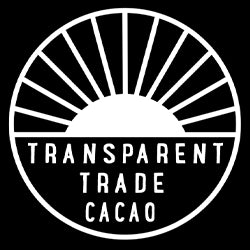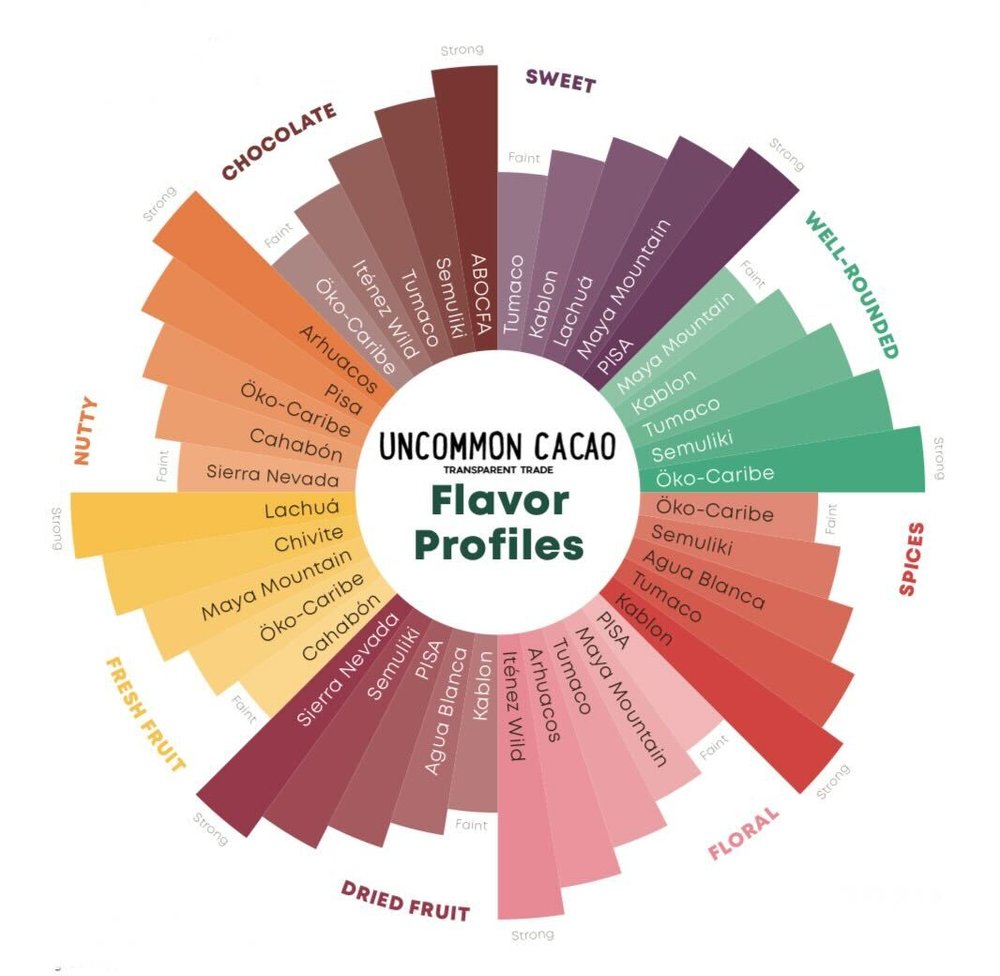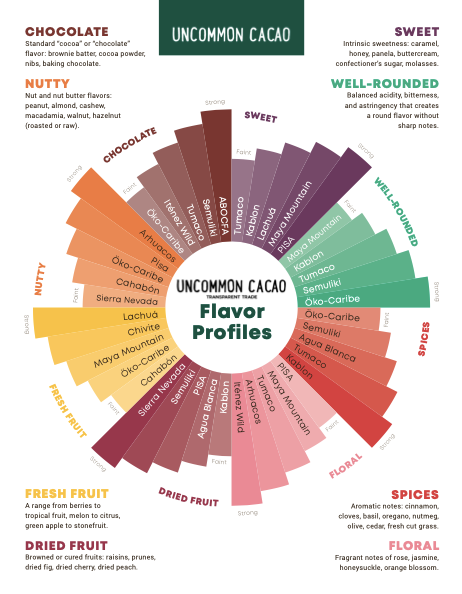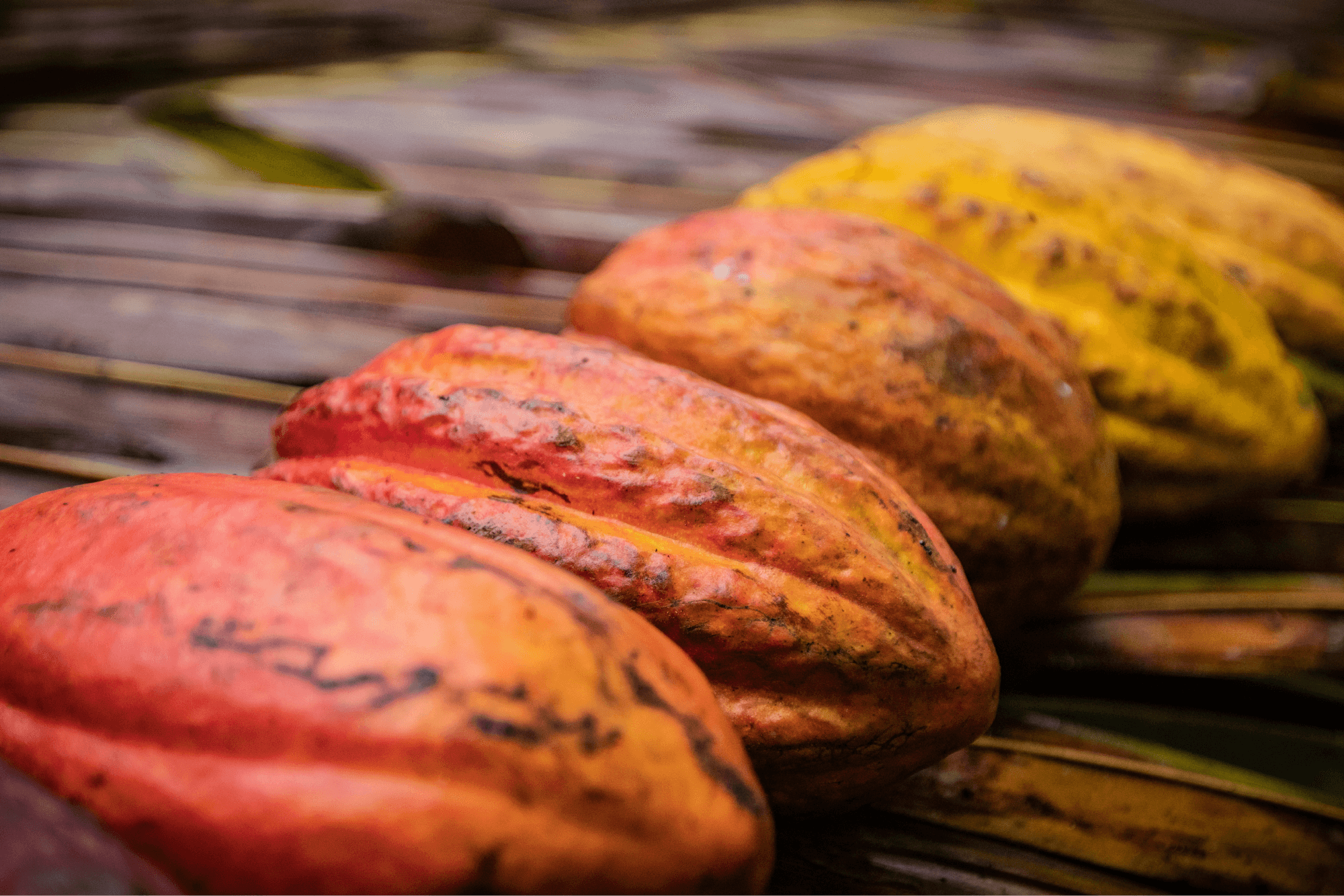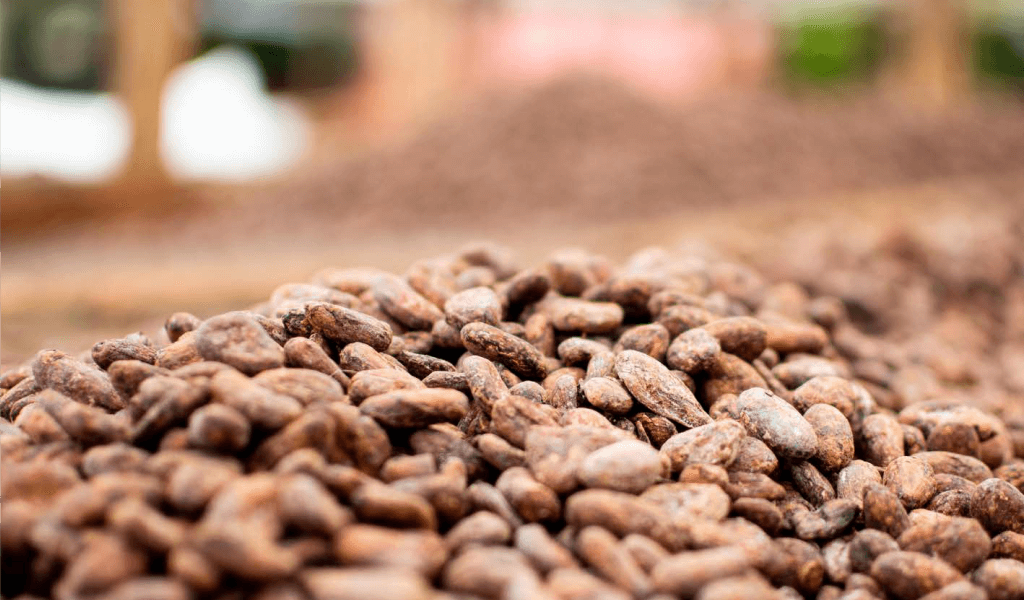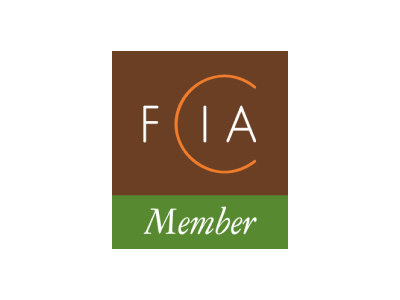Customers often ask us if we are Fair Trade certified as Uncommon Cacao. We understand why this comes up. Fair Trade labels are widely recognized and the Fair Trade certification organizations have successfully marketed their sustainability label for decades.
Uncommon is indeed Fair Trade certified, and we source a number of Fair Trade certified cacaos (ABOCFA - Ghana, EcoCacao - Ecuador, Chuncho - Peru). But Uncommon’s greatest vision for systems change comes through our price transparency program, Transparent Trade, which has pioneered financial transparency in a historically opaque and complex value chain. We pay higher prices for better quality, and fully disclose the prices and margins across our value chain (FYI, we’re the only international cocoa trader that does this!).
So why do we do Transparent Trade on top of Fair Trade? How does Fair Trade actually work, and why is Transparent Trade different?
How does Fair Trade work?
Fair Trade certification entails the following key aspects:
- Producer groups must pay to become certified, which entails preparing for certification, training members, and hosting an audit from a certifying body.
- Once certified, producer groups can sell their cocoa as Fair Trade certified, which means:
- Buyers must pay above the Fair Trade minimum, currently set at $2,400 per ton for exported bulk cacao (yes - you read that right. In comparison, Uncommon Cacao’s weighted average FOB price in 2021 was $4,570 per ton);
- Buyers must pay a $240 per ton “Fair Trade premium” that must go directly to the producer group, to be aggregated with Fair Trade premiums from other buyers into a “Social Fund”; and
- The producer group must pay an annual and audit fee to the Fair Trade certifying body each year in order to maintain their certification.
- Producer groups must meet and vote annually on the use and distribution of Fair Trade premiums from the Social Fund, which can be used for social projects, trainings, organizational strengthening, and/or direct producer payments.
- There is no guarantee that any of the Fair Trade premiums directed into the Social Fund will be used for direct producer payments; i.e, a producer selling Fair Trade certified cocoa could be earning exactly the same price as a producer selling uncertified cocoa.
Important to note about Fair Trade:
- Fair Trade certification does not entail any quality or flavor standards or evaluation.
- All actors along the value chain must “pay to play” – producer group, exporter, importer, chocolate maker – in order for the Fair Trade logo to end up on the finished chocolate.
- The use of Mass Balance is widespread across Fair Trade certified companies. Mass Balance enables buyers to use an overall total of Fair Trade purchases to label an equivalent total of product output as Fair Trade certified, regardless of whether the actual cocoa used in those products was Fair Trade certified or not.
- In 2019, 232,000 tons of cocoa were sold as Fair Trade certified globally (2020 Cocoa Barometer), representing just over 4% of the 5.596M tons of cocoa produced in 2019 (Gaia Cacao Global Cocoa Market Study).
What is Transparent Trade?
Transparent Trade means published, verified pricing for every transaction related to a cacao purchase along the supply chain, including information about who produced it and where.
Transparent Trade is not about a stamp. This model is about uncovering and publishing the pricing in your supply chain with a focus on what cacao producers are actually earning when they do business with us -- encouraging accountability and transparency across the entire chocolate industry in today’s consumer context, where authentic communication about supply chain transparency builds trust and represents the strongest currency. Transparent Trade also means two-way communication about pricing that offers much more trust to both cacao producers/ exporters and chocolate makers. Uncommon’s cacao chain partners get to see the sales price to chocolate makers; this is something that we have not seen any other trader willing to share.
For too long, the chocolate industry has been investing in development “projects” and social premiums to support cacao producer livelihoods but not actively evaluating the cocoa trading system itself or the business practices and pricing implemented across its supply chain. Producers earning a net profit from cacao production is the critical foundation for building more equitable trade relationships and supporting producers in having the opportunity to achieve a living income. The Fair Trade certification approach, which is often a simple add-on to the regular trading of cocoa as a commodity, has limited impact on the trade systems themselves that producers rely on for their families’ health, education and success. It is not a systems change model.
Increasingly, industry actors are looking at transparency and traceability - literally just knowing where cacao comes from and how much was paid for it - as the future foundation of ethical sourcing, and yet most of them are years behind achieving these basic business data points. Nestlé can trace only 44% of its cacao to the cooperative level, Mars, 51%, Mondelēz, 63% (2020 Cocoa Barometer). Because of this, these big brands prioritize communicating ethics and sustainability through labels, glossing over the lack of traceability.
Craft and premium chocolate is not about hiding behind any stamps or labels. For craft and premium chocolate to thrive in the current market, it must go beyond stamps and embrace radical transparency with a focus on the business outcomes for smallholder farmers. There is an opportunity to share real numbers, real names, and real stories of the human beings who grow, produce, and move the cacao that represents such a critically important part of the value of their products. If this is accepted as common practice, the craft and premium chocolate industry can demonstrate the shortfalls of the charity model, while championing a new one -- a sustainable approach focused on long-term partnerships, producer profitability, and transparent, honest business.
For Uncommon Cacao in particular, we know that the quality and flavor of the cacao that we offer is essential to ensure continued commercial success for our partners. Consumers may pick up a chocolate because of an ethical certification logo or an altruistic feeling once – but if the chocolate doesn’t taste amazing, it’s unlikely that they will buy it again. Our business model is inextricably linked to quality, and we infuse Transparent Trade across our value chain in order to establish new pricing benchmarks and encourage global conversations about how specialty cacao can and should be valued and priced.
On an annual basis, Uncommon Cacao publishes all prices and margins across our supply chain. We provide public insight into farmer revenue from cacao, calculated from our real numbers and verified by a third party. Instead of labels or logos, we offer the chocolate makers who buy from us QR codes that can be scanned by consumers globally to see the actual financial transactions and producer revenue statistics behind the chocolate bar that they’re considering purchasing.
So…. how do I explain this to my customers?
Fair Trade is an excellent starting point for many actors in the cocoa industry that need to establish basic ethical standards in their supply chains. It provides a defined and marketed formula for cooperatives, traders, chocolate manufacturers, and chocolatiers to follow in order to receive a certification stamp. Fair Trade also has spent decades educating consumers about Fair Trade practices for labor in supply chains.
Working with a producer cooperative that is committed to passing a Fair Trade audit means that they are setting themselves up to be compliant with what the “global north,” meaning the predominant customer base, deems socially, economically, and environmentally sustainable. This can be critical for some cooperatives in order to access key markets. However, this can also be problematic as it perpetuates an imbalanced power dynamic between cocoa producers and cocoa buyers.
A critical component of Fair Trade that we feel misses the mark for our specific priorities of Transparent Trade is the actual flow of money, and the mechanics of how Fair Trade premiums are spent. Our focus has always been on higher farmgate prices paid for higher quality cacao at the point of purchase. Fair Trade premiums are paid not for quality - but for the certification - and this premium is paid to the cooperative, not to an individual producer. While cooperative good governance is also evaluated in the Fair Trade audit system, and direct producer payments can result from Fair Trade premiums, there is no guarantee that an individual producer earns more income through the Fair Trade certification system.
Why are we Fair Trade if we’re also Transparent?
After much deliberation, as mentioned above, Uncommon Cacao decided we should have Fair Trade certification so as to not leave premium payments off the table for exporters or cooperatives. We already pay well above the Fair Trade minimum ($2400/MT) and Fair Trade premium ($240/MT).
We also recognized that we were purchasing from cooperatives and exporters that had Fair Trade certification - and it was being annulled when the cacao from those groups came through our books if we didn’t specifically purchase it as a Fair Trade buyer. This was leaving some of our customers in a pinch and limiting the options for those certified cooperatives and exporters to be recognized downstream for their hard work upstream.
We recognize and appreciate the diligence and work put in by Fair Trade organizations and Fair Trade certified members, as it does lay a foundation of recordkeeping and human rights standards that are easy for us to build on. Our partner evaluation system includes a lot of overlap when it comes to human and child rights, working conditions, wages, the environment, traceability and transparency. And, we recognize that our methods are still very high-touch, requiring bi-annual visits, personal relationships, and provision of traceability documentation. We spend time with real numbers, real names, and real stories of the human beings who grow, produce, and move the cacao that represents such a critically important part of the value of their products. This both limits us and keeps us grounded and accountable to our partners. Uncommon Cacao is an organization constantly striving to do better, and we are always seeking to learn and grow in our understanding and operational successes.
Let’s keep the conversation going…
We’d love to hear from our partners, both on the cacao supply and chocolate making side, about how they view Transparent Trade and Fair Trade. Do you see the value of Transparent Trade on top of Fair Trade certification? How can we best support everyone in the value chain to build a more equitable and prosperous future for cacao producers?
